The Central government’s Rs 1.70 lakh crore relief package for the poor cuts no ice
Members of the Right To Food Campaign and organisations working with informal sector workers demand wider measures to support the poor and vulnerable during coronavirus pandemic

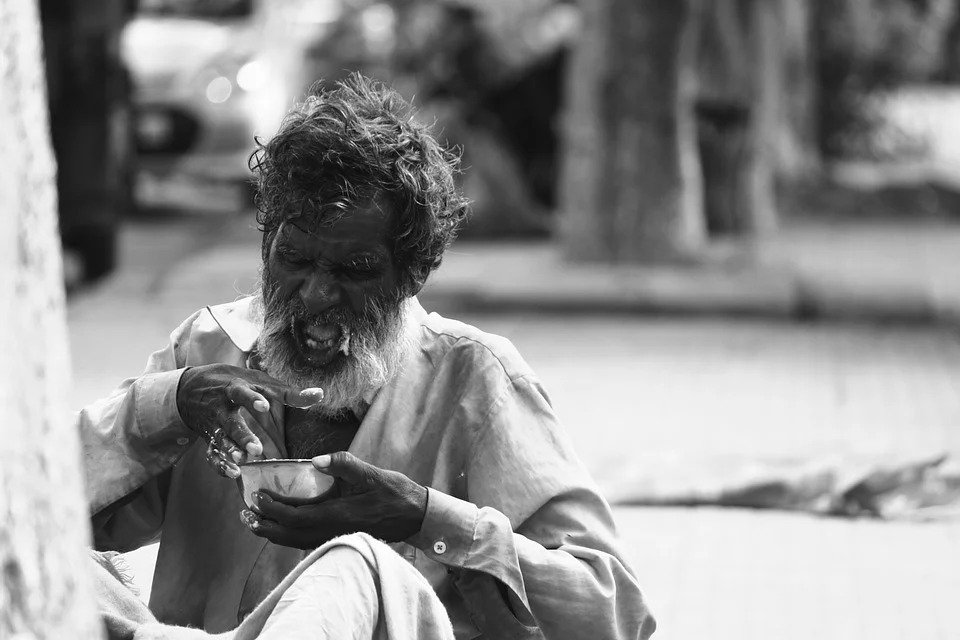
On the second day of nationwide ‘complete lockdown’, on March 26, while hundreds of thousands migrant workers marched or were stranded on highways across the country, the finance minister Nirmala Sitharaman announced Rs 1.70 lakh crore relief package under the Pradhan Mantri Garib Kalyan Yojana “for the poor to help them fight the battle against novel coronavirus”.
Apart from an insurance cover of Rs 50 lakh per health worker fighting coronavirus 2019 (COVID-19) pandemic, the relief package includes food grains relief for the needy, an “increase” in MGNREGA wages, financial relief to Jan Dhan account holders and more (see table: Highlights of Pradhan Mantri Garib Kalyan Yojana).
For 800 million (80 crore) people, which is about 60 per cent of India’s total population, the finance minister has announced doubling the food grains entitlement over the next three months, free of cost. Additionally, one kilogram (kg) pulses per family would be provided for the next three months.
Under the PM Kisan Yojana, the first instalment of Rs 2,000 due in 2020-21 to over 87 million (8.7 crore) farmers in the country, the Centre will be front-loading it and paying in April 2020 itself.
The relief package also includes financial relief to Pradhan Mantri Jan Dhan Yojana women account holders, free LPG gas cylinders, wage relief to wage earners in organised sectors, support to senior citizens, widows and differently abled. The Centre has also directed the state governments to use funds under the District Mineral Fund (DMF) “for supplementing and augmenting facilities of medical testing, screening and other requirements in connection with preventing the spread of COVID-19 pandemic as well as treating the patients affected with this pandemic.”
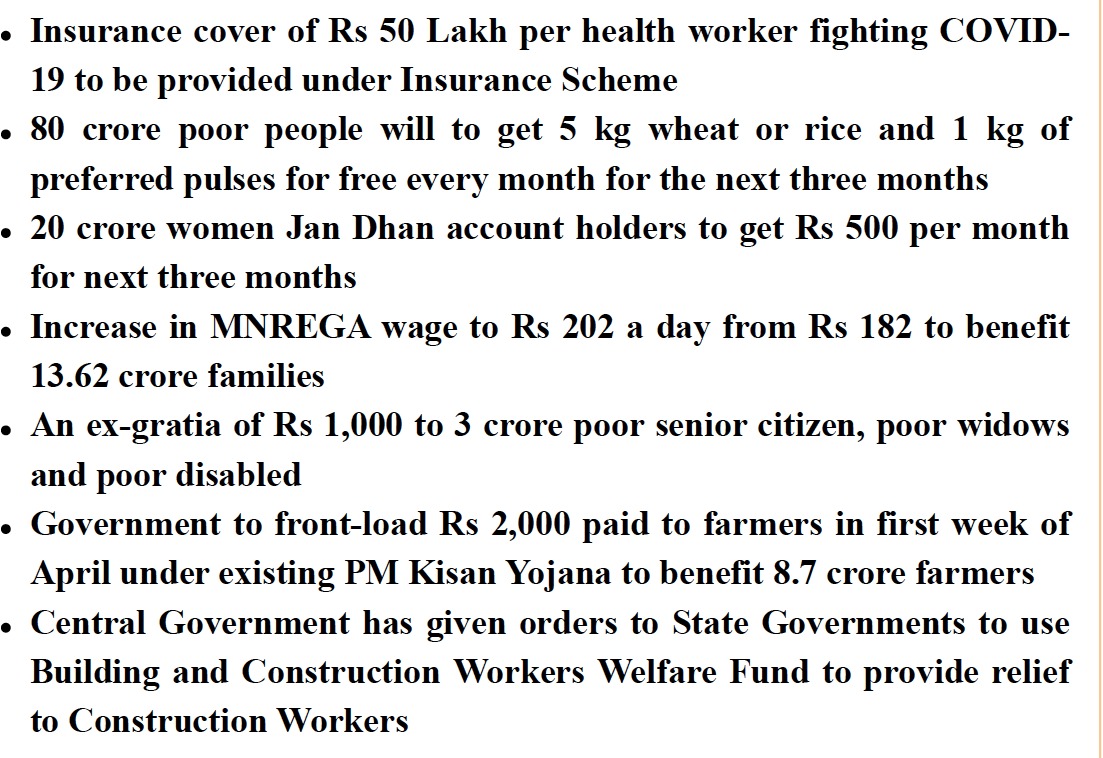
Source: https://pib.gov.in/PressReleaseIframePage.aspx?PRID=1608345
While announcing the relief package, Sitharaman said: “Today’s measures are intended at reaching out to the poorest of the poor, with food and money in hands, so that they do not face difficulties in buying essential supplies and meeting essential needs.”
However, rights campaigners, and organisations working with 340 million migrant workers in the country claim the recent announcement is far from adequate.
A nationwide 21-day lockdown has set in a humanitarian crisis amid a major health crisis in the country. Migrant workers and daily wagers are stranded in cities without shelter and food, wanting to get back to their homes in villages, as all modes of transport are shut. If the virus doesn’t kill them, hunger may.
Yesterday, on March 27, on the third day of complete lockdown, the Union ministry of home affairs issued “an advisory to all the states and union territories to make adequate arrangements for migrant workers, students, etc from outside the states to facilitate social distancing for COVID-19”. The ministry has directed the state to provide adequate support, including food and shelter, to migrant agricultural labourers, industrial workers and other unorganised sector workers during the 21-day nationwide COVID-19 lockdown.
But these things should have been worked out before announcing the nationwide lockdown rather than as an afterthought.
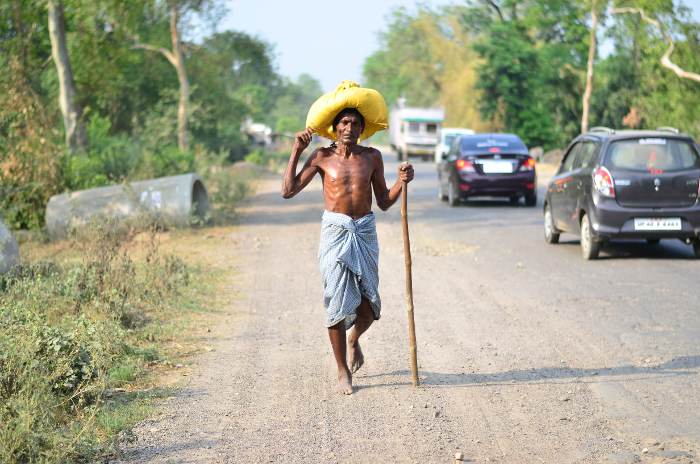
Right To Food Campaign demands additional measures
“Although delayed, it is welcome that the government has finally woken up to the mass hunger and displacement the lockdown is causing. However, the measures announced [under the Pradhan Mantri Garib Kalyan Yojana] are very inadequate in the context of the challenges that people are facing,” reads a statement issued by the Right To Food Campaign, an informal network of individuals and organisations committed to the realisation of the right to food in India.
It goes on to note doubling the food grains under the public distribution system (PDS) and including pulses has always been demanded by the Right to Food Campaign, and if delivered effectively will definitely contribute to mitigating some of the hunger. However, this benefit is still restricted to those who already have ration cards under the National Food Security Act (NFSA), 2013, which would leave out many who are excluded.
There are a number of exclusions in the PDS, particularly of people belonging to very vulnerable communities, such as migrant workers, homeless populations, nomadic tribes, etc. Also, the need for biometric authentication mechanisms adds to the problem by not only disallowing a lot of people from accessing these entitlements, but also require multiple people to touch the same scanner. The ration cards were distributed based on 2011 Census, hence the coverage is also lower than what is deemed under the NFSA due to an increase in population.
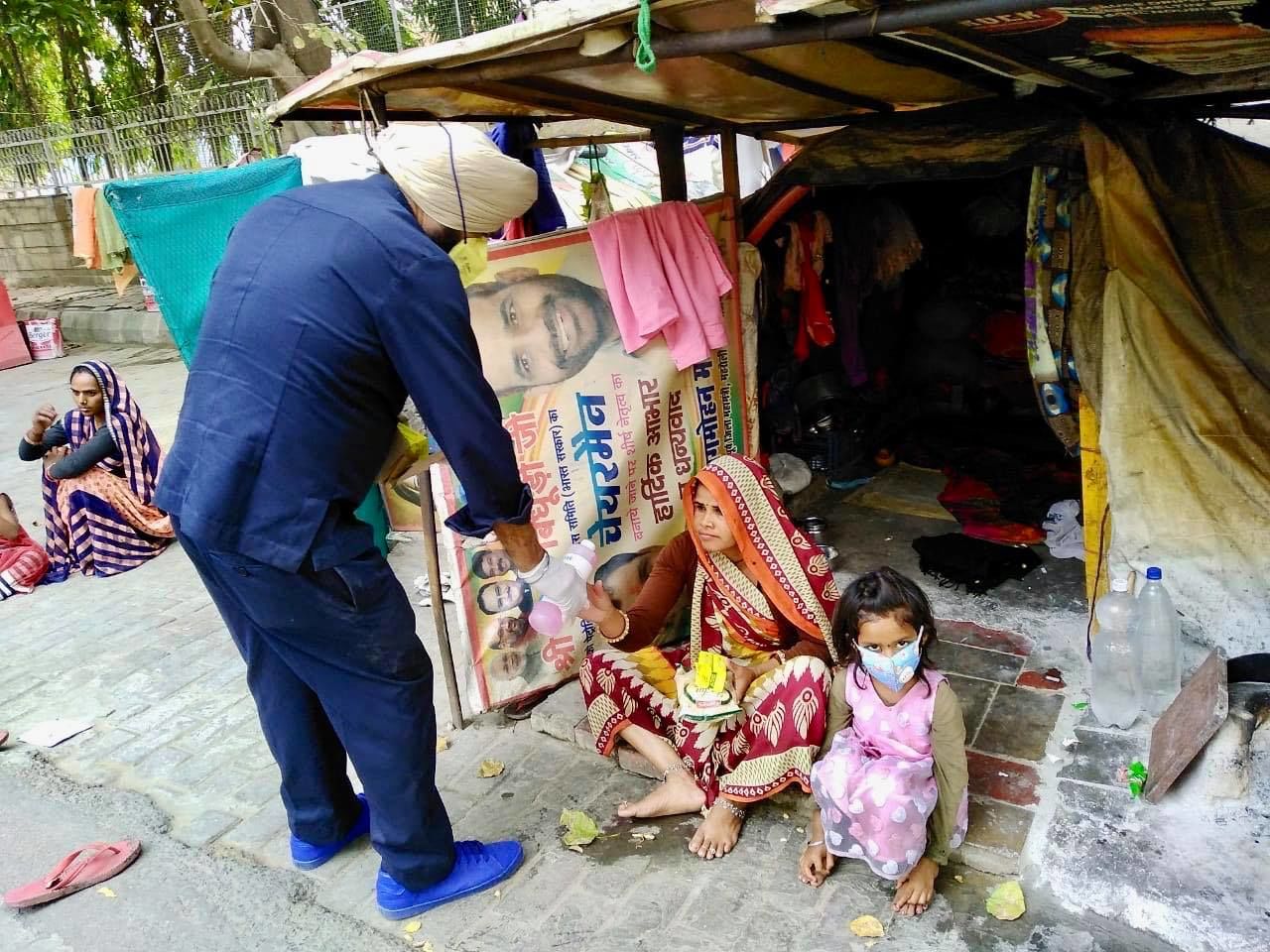
“Those who are really needy and left out might be relatively small in numbers – migrants, homeless, destitute compared to overall PDS coverage – but they are the most difficult to reach. A universal system that excludes only the rich is a way to have least exclusion errors,” Dipa Sinha, an expert on public policy, nutrition and public health told Gaon Connection. She is an assistant professor with the School of Liberal Studies at Dr B R Ambedkar University Delhi.
The Right To Food Campaign has demanded that the “PDS entitlements be available to anyone who demands it, at least for the next three months. The delivery mechanism can be worked out to ensure that people arrive at the ration shops and other collection points in turns so as to not crowd.”
Regarding an “increase” in the MGNREGA (Mahatma Gandhi National Rural Employment Guarantee Act) wages, as announced by the finance minister, members of the Campaign claim such wages cannot be considered as part of the special package.
“The MGNREGA wages are routinely updated every year keeping in line with the consumer price index. Over the last many years, the wages have not been rising sufficiently and are now much below the statutory minimum wage rates as well as the market wage rates in most states. This increase [as announced by the finance minister] had already been announced on 23 March 2020, is grossly inadequate and not part of any additional measure,” reads the statement.
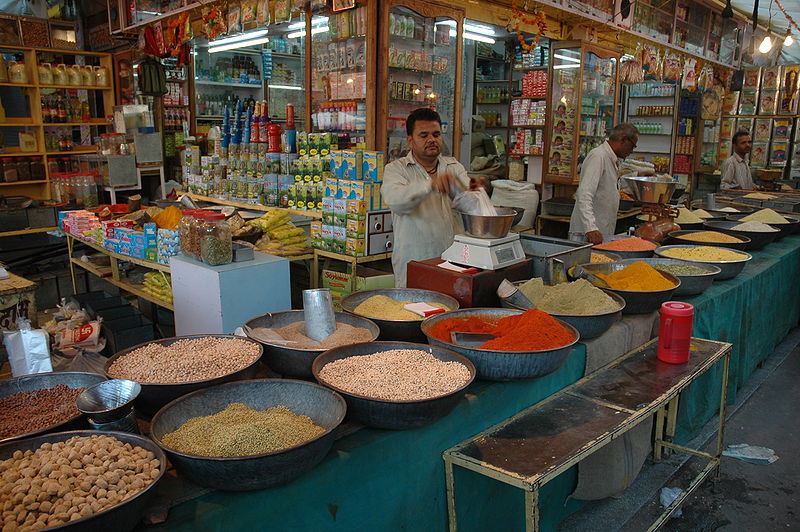
It must be noted the Centre is yet to clear the pending MGNREGA wages worth Rs 11,499 crore, which, the officials claim, will now be cleared by April 10, which is on the 17th day of the 21-day long nationwide lockdown.
Experts have also raised questions over the meagre financial relief of Rs 1,000 over three months period to old people, widows and differently abled, and a very small amount of Rs 500 month to Jan Dhan Yojana bank account holders.
In order to help the poor tide over the COVID-19 crisis, the Campaign has listed down 12-point measures. This includes the PDS entitlements to everyone who demands it, inclusion of cooking oil and increasing the quantity of pulses in the PDS package, arrangements for distribution of cooked food through community kitchens, night shelters, schools and anganwadi centres, immediate arrangements for accommodation of migrant workers, an immediate maternity benefits of at least Rs 6,000 to all pregnant women, unhindered inter/intra-state movement of goods transport vehicles carrying food and other essential items, full payment to MGNREGA workers for the three months period irrespective of work being available.
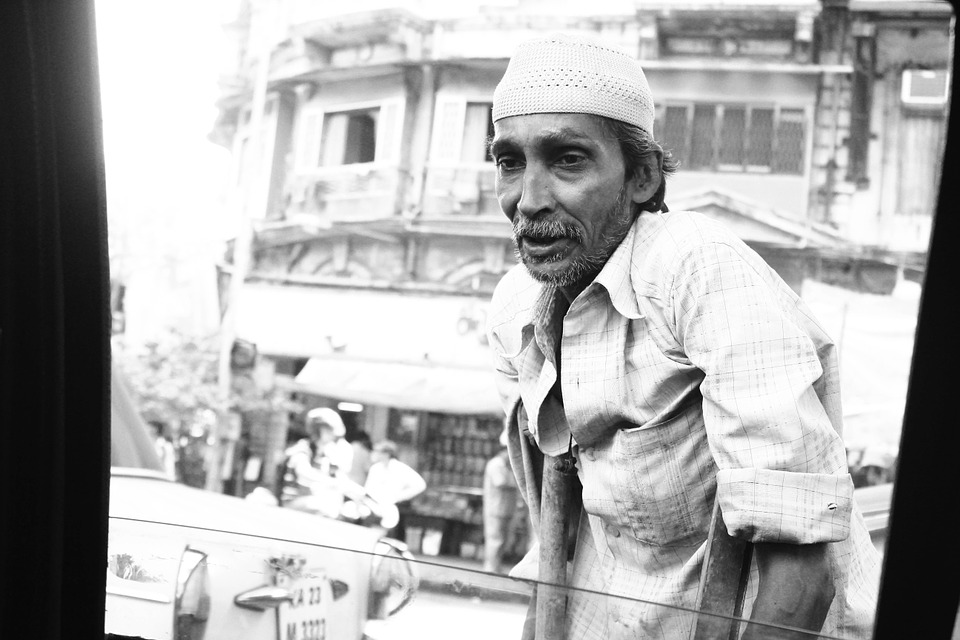
Not enough for the informal sector workers
While welcoming the recent relief package by the Centre, the Working Peoples’ Charter, representing more than 500 million workers in the informal sector, has said the proposed measures are “not enough”.
“There are a large number of migrant labourers, naka workers, waste pickers, pavement dwellers, homeless, brick kiln workers, nomadic tribes, rural artisans, etc whose condition is very vulnerable. Many people are stuck in different places without food or shelter as they cannot go to their native pace due to lockdown,” Chandan Kumar, a Pune-based labour rights activist and member of the Working Peoples’ Charter told Gaon Connection. “The relief package does not provide any relief for these people and they are even unable to get ration from PDS,” he added.
In its statement, the Working Peoples’ Charter has said: “Insurance cover given to medical field staff and ASHA workers is welcome. However, it should also include police personnel, sanitation workers. Providing Rs 500 per month through Jan Dhan account is a peanut amount and an increase of just Rs 20 for MGNREGA workers is ironical. Provision for just Rs 2,000 for farmers in the month of April is adding insult to the injury.”
Susana Barria, trade justice campaigner with Public Services International, the global union federation of workers in public services, welcomed Sitharaman’s announcement to provide insurance cover of Rs 50 lakh per person to health workers during the next three months. “However, it is importance that all health workers in both public and private settings ― including ASHA workers, community health volunteers, ANMs, sanitation staff, housekeeping, paramedics, nurses, and doctors ― irrespective of their employment status, be covered by this announcement,” she told Gaon Connection.
“It should include not only workers under the Central and state governments, but also municipalities and local bodies. It should include those workers contracted through third party agencies, those employed on short-term contracts, scheme workers working in hospital settings and other informalised employment conditions,” she added.
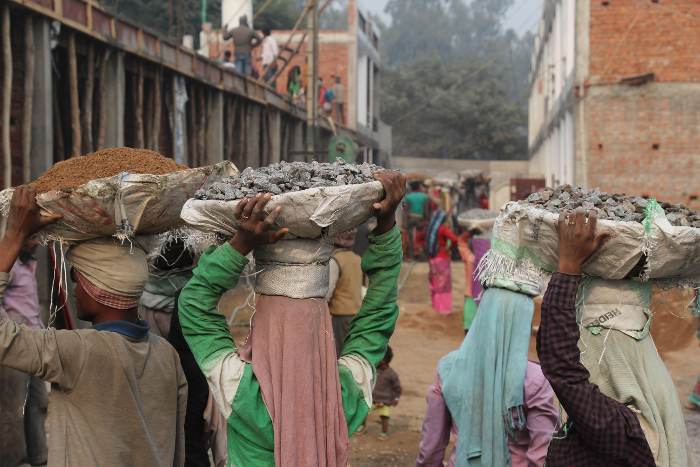
Utilising the DMFT funds
As part of the Centre’s special relief package, the state governments have been directed to use funds under the District Mineral Fund (DMF) “for supplementing and augmenting facilities of medical testing, screening and other requirements in connection with preventing the spread of COVID-19 pandemic as well as treating the patients affected with this pandemic.”
In March 2015, District Mineral Foundation (DMF) was instituted through an amendment in India’s central mining law — the Mines and Minerals (Development and Regulation) Act, 1957. The precise objective of this fund is to ‘work for the interest and benefit of persons, and areas affected by mining-related operations’.
Till last September, Rs 32550.80 crore was collected as DMF by all the 21 mining states in the country. And, a large chunk of it remained unutilised.
“Though DMFT is a targeted fund for welfare of mining-affected communities to improve their socio-economic well-being, but given the unfolding COVID-19 crisis this step by the government is important and justified,” Srestha Banerjee, visiting scholar with US-based research group Brookings Institution-India Center, told Gaon Connection. “However, what proportion of this fund will be used to augment healthcare support in the areas government has proposed is yet to be seen. The proposal to use DMFT funds for COVID-19 is a one-time contingency, and the aim of DMFT is long term and far reaching,” she added.
According to her, in the last four years, the DMFT fund should have been used to build a better rural healthcare system and the government would have been better prepared to handle the present health crisis.
But, better late than never.
What the country is witnessing right now is a colossal health and humanitarian crisis. The government needs to rise to the occasion and implement much wider and urgent measures.

